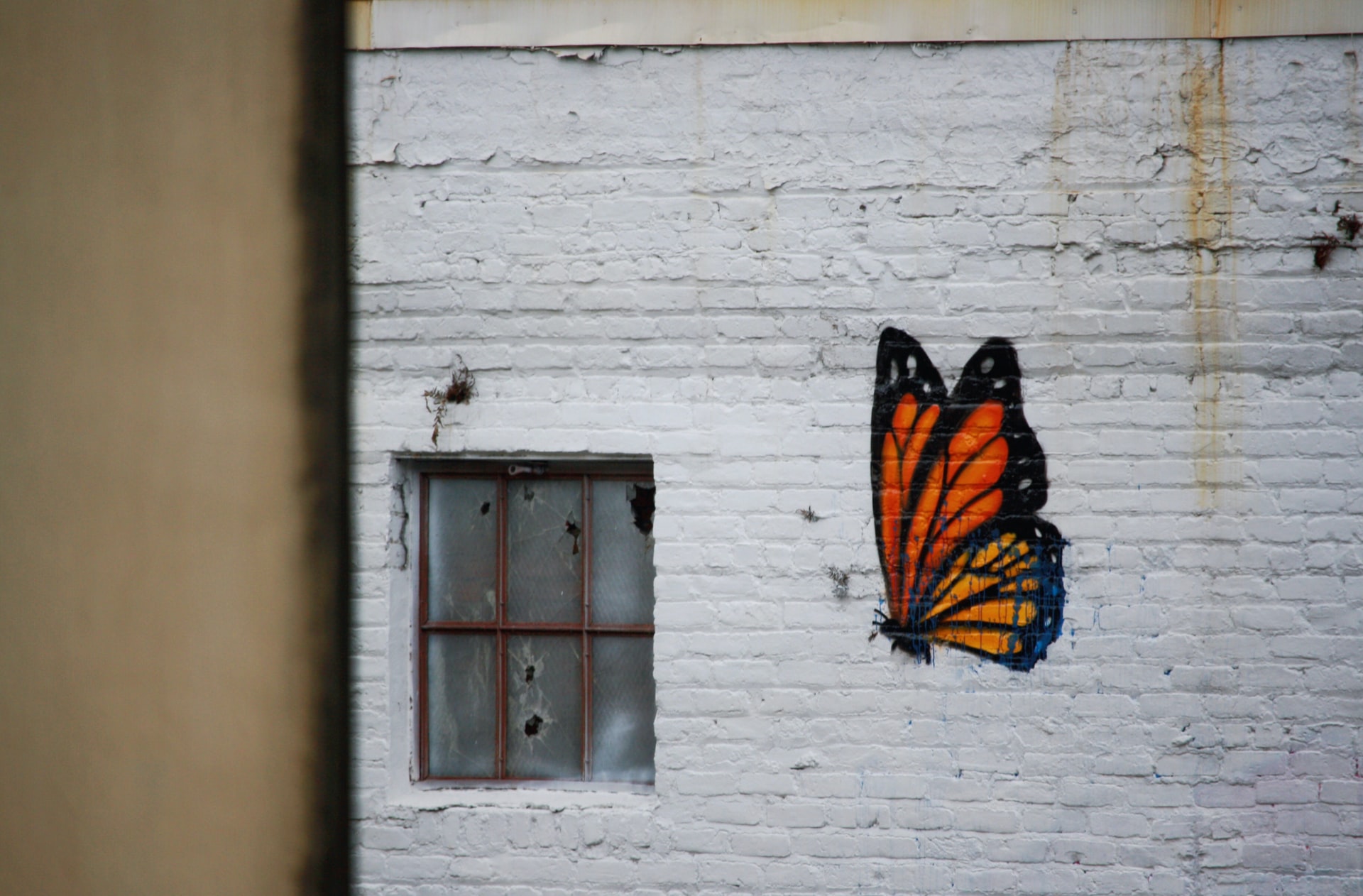Watching someone you love suffer in excruciating pain is the definition of torture. Watching the child you birthed into the world hurt themself day in and day out – for thousands of days – is a nightmare. My oldest son battled a 5-year addiction to drugs and led an exceptionally high-risk lifestyle which had me feeling perhaps I’d stepped on the wrong universal toe and my normal, happy life was over. When he overdosed twice in a period of 3 days and was on life support in the ICU, my world came to a devastating, screeching halt.
At this time, I was also at a dangerously comfortable stage in my advertising career. I was senior enough that I wasn’t afraid to speak up, disagree, be passionate, fight for my clients, and my team. I traveled, enjoyed the people I worked with as well as the challenges of working with incredibly talented, Fortune 500 clients. From the outside, I had that “glamorous” job people might strive for.
Yet there was a rumbling inside telling me that I was supposed to be doing something else. This logically didn’t make sense given the position I held, but logic isn’t necessarily what we should listen to when it comes to things like our satisfaction in life.
Are you feeling the gnaw of growth or change? Have you realized you’re really, really good at something that isn’t what you’re getting paid for? Are you chasing something because you want it or because you’re supposed to want it?
It could take a crisis to jolt you into answering these questions as it did for me, but it doesn’t have to. It might be a mini-event that stirs up the inspiration-dust just enough to make you look at what you’re doing – and why.
These stressful and seemingly devastating times crack open an opportunity for us to look at our life almost as a guest. Reality becomes foreign and surreal, and we get to step outside of our routine, the familiar, and peer into corners we usually avoid. This gap is where hard but valuable reflection can take place.
In a crisis, instead of defaulting into feelings of failure, fear or defensiveness, spend some time to ask yourself these questions – and answer with brutal honesty:
- If my best friend was going through this what would I encourage her or him to do?
- What do I sometimes get criticized for that’s actually a talent?
- What do I get complimented on most often?
- If I could have a billboard in the center of my hometown, what would it say?
- What would I do today even if I knew I was going to fail at it?
These questions help uncover your unique strengths and passions – things you can combine and use to purposefully construct a more authentic and satisfying life.
For me, it took almost losing my son to realize I needed to step away from the only career I’d ever known and make a radical shift to something more meaningful. Your crisis may not be as traumatic but you can still use it as a catalyst to explore if that nudge might just be your next, incredible and hugely satisfying thing.


